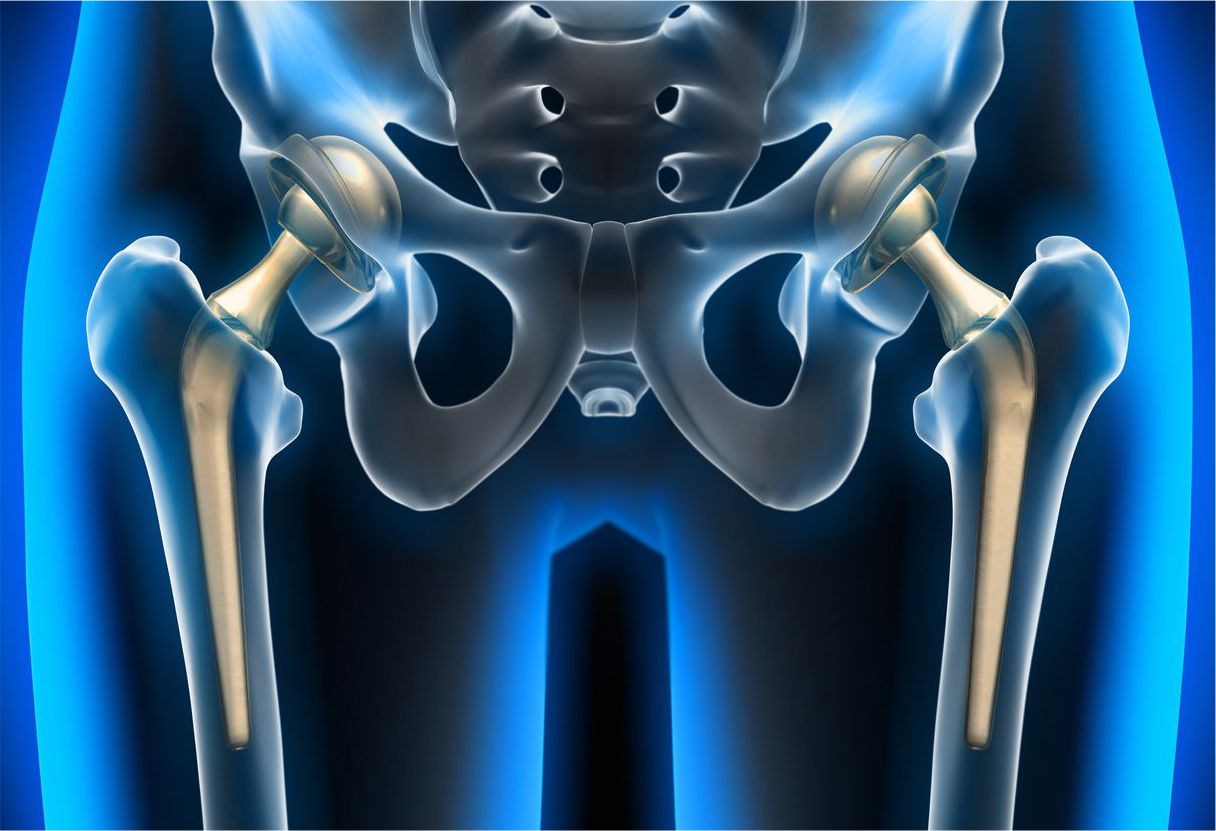
Orthopedic prostheses are devices that are designed to replace a missing or damaged body part. They are commonly used in orthopedic surgeries to restore joint function and mobility, especially in patients with conditions such as arthritis or after traumatic injury.
Here are some key points to keep in mind when considering orthopedic prostheses:
:max_bytes(150000):strip_icc()/total-knee-replacement-prostheis-184654908-599d9ce903f4020011989be5.jpg)
There are various types of orthopedic prostheses available depending on the body part being replaced. Some common examples include hip prostheses, knee prostheses, shoulder prostheses, and ankle prostheses. These prostheses can be made from a variety of materials, such as metal, plastic, or ceramic.
Orthopedic prostheses can significantly improve quality of life for individuals who have lost mobility due to joint damage or disease. They can relieve pain, improve range of motion, and enhance overall mobility, allowing patients to return to their daily activities with greater ease and comfort.

Surgery to implant an orthopedic prosthesis typically involves a period of recovery and rehabilitation. Patients may need to work with physical therapists to regain strength and mobility in the affected joint. Following a comprehensive rehabilitation program can help ensure the best possible outcomes for patients.

While orthopedic prostheses are generally considered safe and effective, like any surgery, there are potential risks and complications associated with the procedure. These may include infection, bleeding, nerve damage, or dislocation of the prosthesis. It's important for patients to discuss these risks with their doctor and to carefully follow post-operative instructions to minimize the risk of complications.
Longevity and Maintenance
The lifespan of an orthopedic prosthesis can vary depending on a variety of factors, including the patient's age, activity level, and overall health. Regular check-ups with the orthopedic surgeon and adherence to proper maintenance and care instructions can help extend the life of the prosthesis.
In summary, orthopedic prostheses can provide significant benefits to patients who have lost mobility due to joint damage or disease. If you're considering an orthopedic prosthesis, it's important to talk to your doctor about the benefits and risks associated with the procedure, as well as any necessary precautions to ensure a successful outcome. With proper care and rehabilitation, orthopedic prostheses can help restore mobility and improve quality of life for many patients.